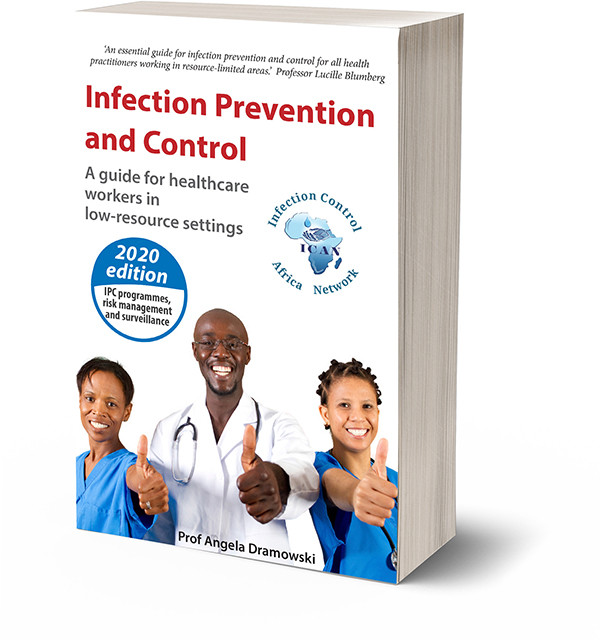Quiz 1: Introduction to immunisations
Please choose the one, most correct answer to each question or statement.
- What are vaccines?
- A type of antibiotic which kills most bacteria
- A form of blood transfusion that kills viruses
- An organism (bacteria or virus) or part of an organism that can be given to a person to protect them against a serious infection
- Which vaccine is a live but weakened virus?
- Oral polio vaccine
- BCG vaccine
- Pertussis vaccine
- Which vaccine is a dead virus?
- Oral polio vaccine
- Intramuscular polio vaccine
- Diphtheria vaccine
- Which vaccine is made from the protein of a bacteria?
- Hib (Haemophilus) vaccine
- Rotavirus vaccine
- Tetanus vaccine
- How do immunisations protect against infections?
- They stimulate the immune system to produce antibodies
- They stimulate the immune system to produce antibiotics
- They stimulate the immune system to produce more red blood cells
- Which disease has disappeared worldwide due to immunisation?
- Polio
- Diphtheria
- Small pox
- How long does the protection of most immunisation last?
- About five years then they need to be repeated
- Until the children leave school when protection is no longer needed
- Protection usually lasts a lifetime
- What is the cost of immunisations at a public clinic?
- They are free
- They are free for children younger than six years
- The parents have to pay for each immunisation
- Who can give consent for immunisations?
- A school teacher
- The child’s mother
- A nurse working in an immunisation clinic
- Which immunisation is given to pregnant women to protect their newborn infants?
- BCG
- Tetanus
- Measles

